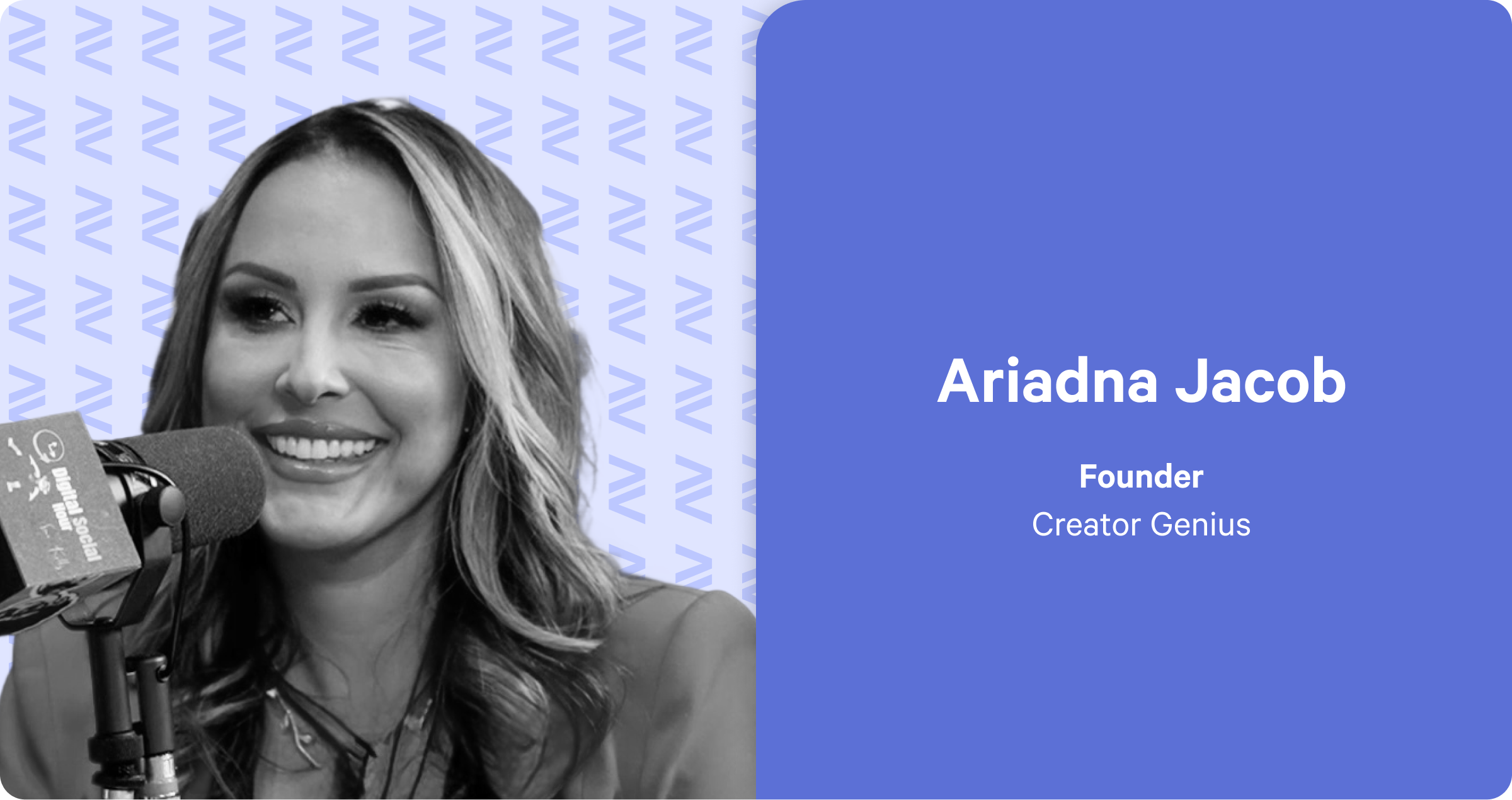$(function() {
$('inputfield').on('keypress', function(e){
if(e.keyCode == '13'){
// enter pressed
e.preventDefault();
$('.search-button').trigger('click');
}
});
});

Artificial intelligence promises to solve the single biggest challenge in social media marketing: enabling marketers to create content at the speed of the internet.
Social media is a constantly evolving beast of esoteric references and insider memes, all of which can go from cool to cringe in an instant. Brands want to interject themselves into these conversations — or at the very least, avoid coming off as old and busted — but they’re often used to planning campaigns months in advance. By then, whatever topic was trending has already taken on several degrees of irony or been forgotten completely.
“AI is exciting for marketers because they can use these tools to save time and give their customers what they want,” says Ariadna Jacob, founder of Creator Genius, a creative agency that specializes in using AI to generate social media content for brands.
And what customers want, according to Jacob, is more content. Jacob advises her clients, which range from Fortune 500 brands to small businesses, to post at least one short-form video a day, a production schedule that would be unthinkable with traditional means. But with AI, marketers can finally keep the insatiable beast fed.
If anyone knows the importance of social media marketing, it's Jacob. Before she was running an AI-powered ad agency, she managed social media influencer superstars Addison Rae and Charli D’Amelio. In the most recent "How AI Will Change..." The Outcome spoke to her about how AI is reshaping social media marketing, why brands shouldn’t be afraid to post often and how Sora, OpenAI’s new generative video creation tool, empowers even the smallest of brands to create viral media campaigns.
It’s made it so brands can finally keep up with the social media cycle. I advise my clients to post a video a day, to TikTok, Instagram Reels and YouTube Shorts. That can be a daunting task for a brand that’s used to long lead times for campaigns and creative approvals. But AI makes the production cycle a fraction of what it once was. The sheer amount of content that brands can, and should, make has drastically increased.
I’ve found that a brand’s customers want to hear from them. If you are worried about inundating your audience with content, you can use trial Reels, which get shown only to people who don’t follow your brand’s account, and you can post 30 of those a month.
I’m helping launch Koby, a new brand of probiotic dog treats. We’ve used generative AI to create videos of two dogs talking to each other on a podcast, and we’ve gotten a great reception so far.
It would be better if these different platforms could talk to each other. I’m using Perplexity for research, Claude for writing, ChatGPT and Semrush to build custom SEO strategies, and Opus to make clips of video podcasts. Each platform has its own strengths and weaknesses, so I’ll test the creative outputs on each of them and go with the best result. If ChatGPT gives me cheesy ad copy, I'll try Perplexity.
I’m hoping to find a way to integrate these different tools to make the creation process more seamless. I’m building that interoperability layer into our CreatorGenius platform.
Even though I’m a big proponent of using AI to help with workflows, I recognize that AI isn’t for everyone. If you’re a high-trust industry, such as healthcare, your followers might not like seeing you use AI to generate content.
But if your audience would like to hear from you often and your brand allows for humor, then AI will help you show up for customers often.
I think creators with deeply engaged communities and who post quality content consistently won't be threatened. They'll actually gain credibility by making authentic videos while others churn out AI slop. But influencers who’ve stopped posting regularly and are coasting off their past success are vulnerable to displacement by AI-native creators.
A lot of brands are still running their social channels like it's the early 2010s. They’re posting static images to the grid, treating social media like it's a paid ad campaign. A lot of the social media manager positions are staffed by millennials who are used to having a polished feed.
But the times have changed. Social media is more relaxed, more conversational and more video driven now. Consumers just want to laugh and be educated about your brand. They don’t care if the content is imperfect, they just want to be part of the conversation. If you’re not posting short-form video consistently—daily or every other day at minimum—you’re essentially invisible.
I’d advise brands to be more willing to experiment and push out video content more consistently. If you’re not at least trying to embrace these tools, you risk getting left behind.